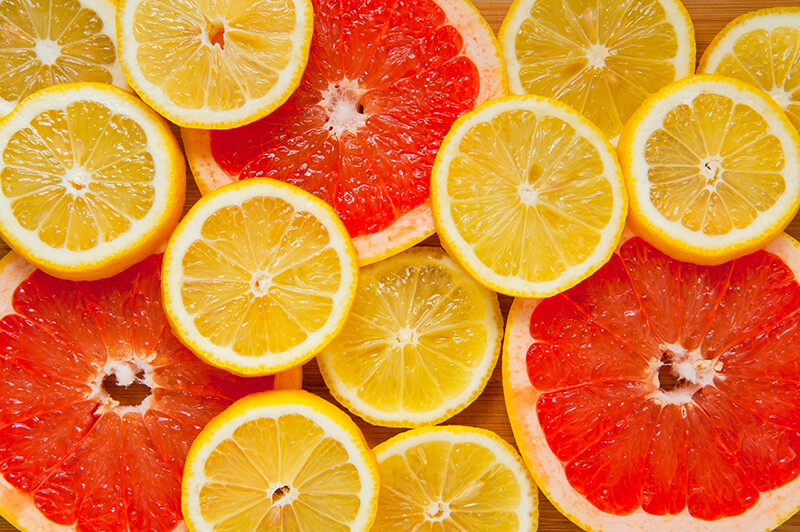
A "Sour" Subject
Students investigate the growth and production of citrus fruits and use observation and mathematical computation to compare and contrast grapefruits and lemons.

Students investigate the growth and production of citrus fruits and use observation and mathematical computation to compare and contrast grapefruits and lemons.
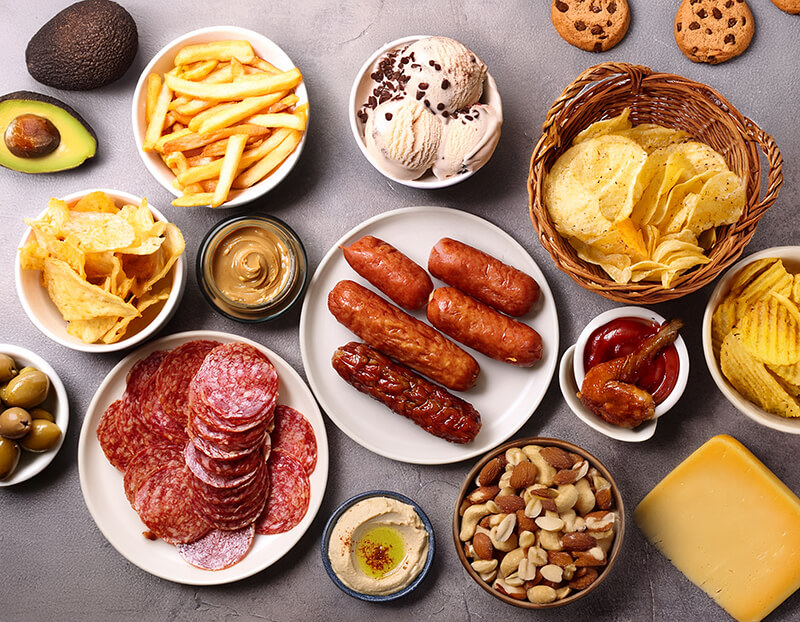
This lesson describes the role of fats in food and in the body, and how they serve as a source of energy. It provides information on different types of fats that are listed on the Nutrition Facts label – including total fat, saturated fat, and trans fat—and defines trans fat and cholesterol. The lesson also includes dietary guidance for fat consumption.
Students explain why people have different opinions regarding soil management and identify cause and effect relationships relating to agriculture and the environment.
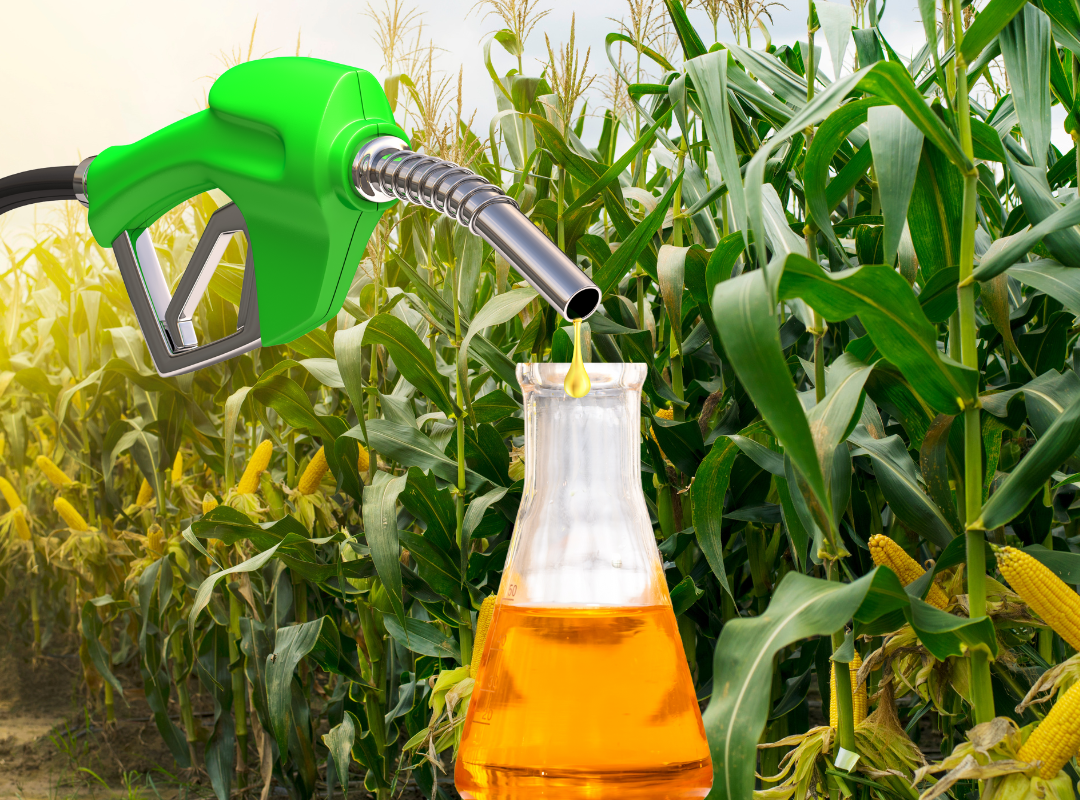
Through a series of activities, students explore fermentation and ethanol production, observe the role of enzymes in fermentation, analyze nutrient values of dent corn, and discover how biofuels are made from plant oils.
Students will explore the origins of food, describe how food waste affects natural resources and the environment, and identify potential solutions to mitigate food waste’s carbon footprint.
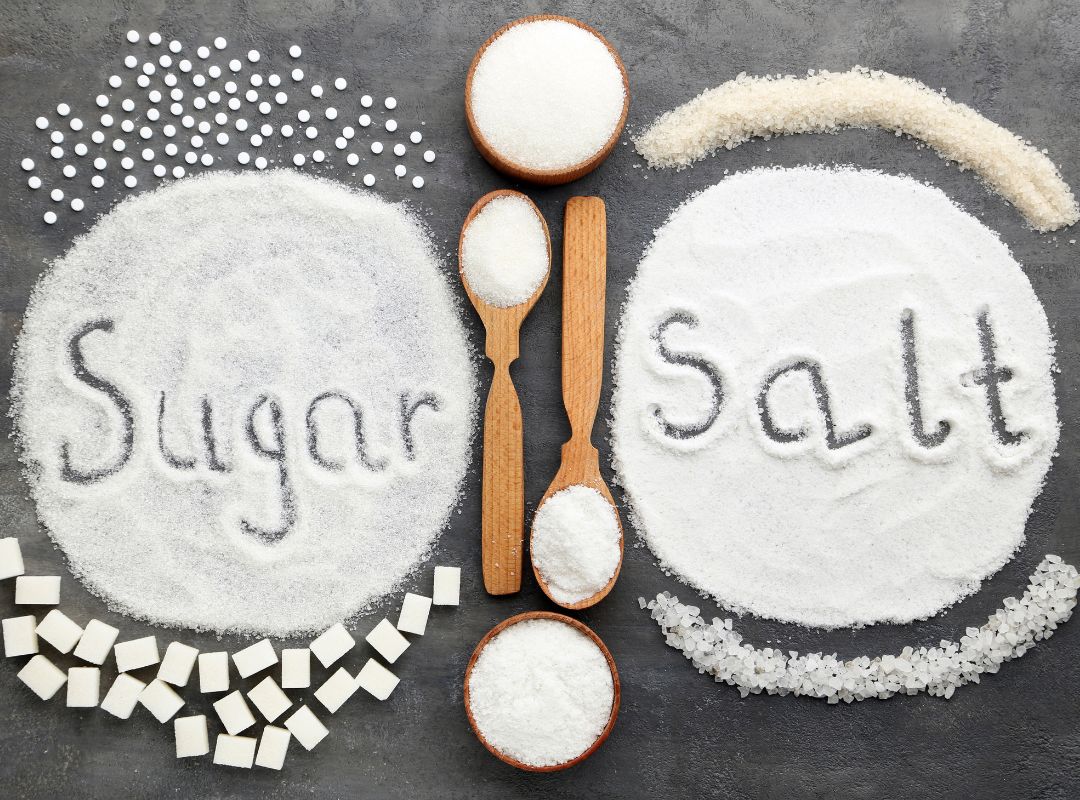
This lesson introduces sodium and sugar as dietary nutrients we should consume less of. Students will identify the foods and beverages they should limit and recognize how to use the Nutrition Facts label to measure sodium and sugar intake.
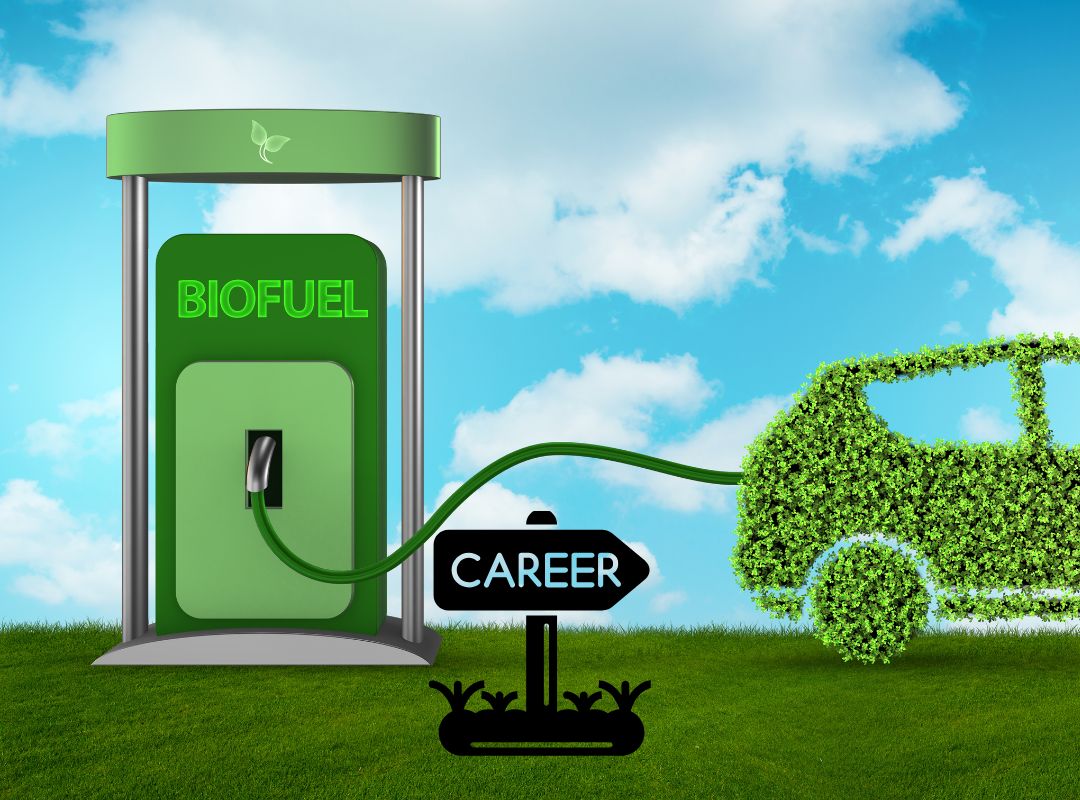
Students will recognize the importance of fuel energy and the fact that agriculture can produce biofuel; students will identify career opportunities in the biofuel industry.
Students will describe the farm-to-table process of common fruits and vegetables, recognize the nutrients fruits and vegetables provide, and evaluate methods of food storage and preparation for preserving nutrients.
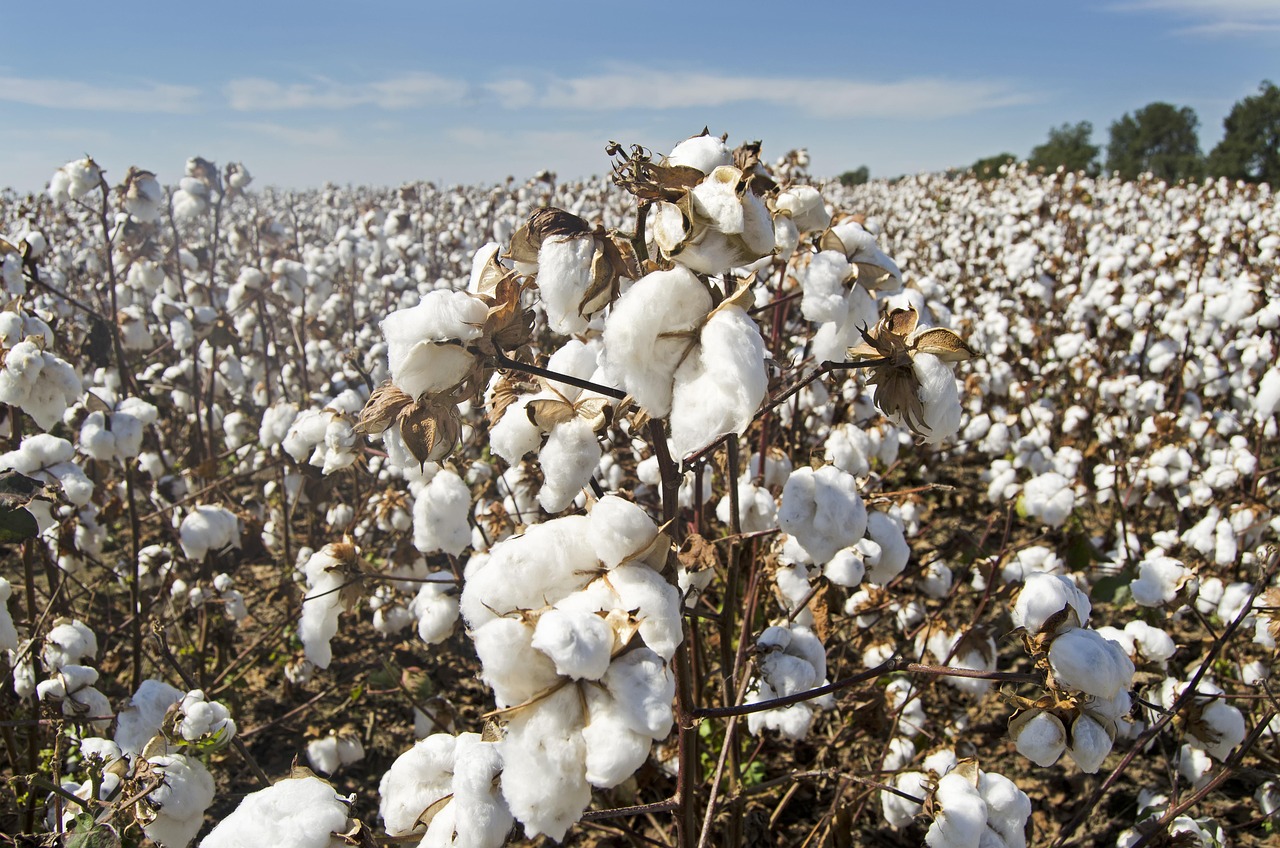
Students investigate the impact of cotton on the history and culture of the United States.

Students investigate the impact of cotton on the history and culture of the United States. Students will discover the growth and processing requirements for cotton, recognize how the invention of the cotton gin affected slavery, explain how the plantation system was organized, and ultimately understand the role of cotton in the Civil War.
Students investigate the impact of cotton on the history and culture of the United States. Students discover the growth and processing requirements for cotton, recognize how the invention of the cotton gin affected slavery, explain how the plantation system was organized, and ultimately understand the role of cotton in the Civil War.
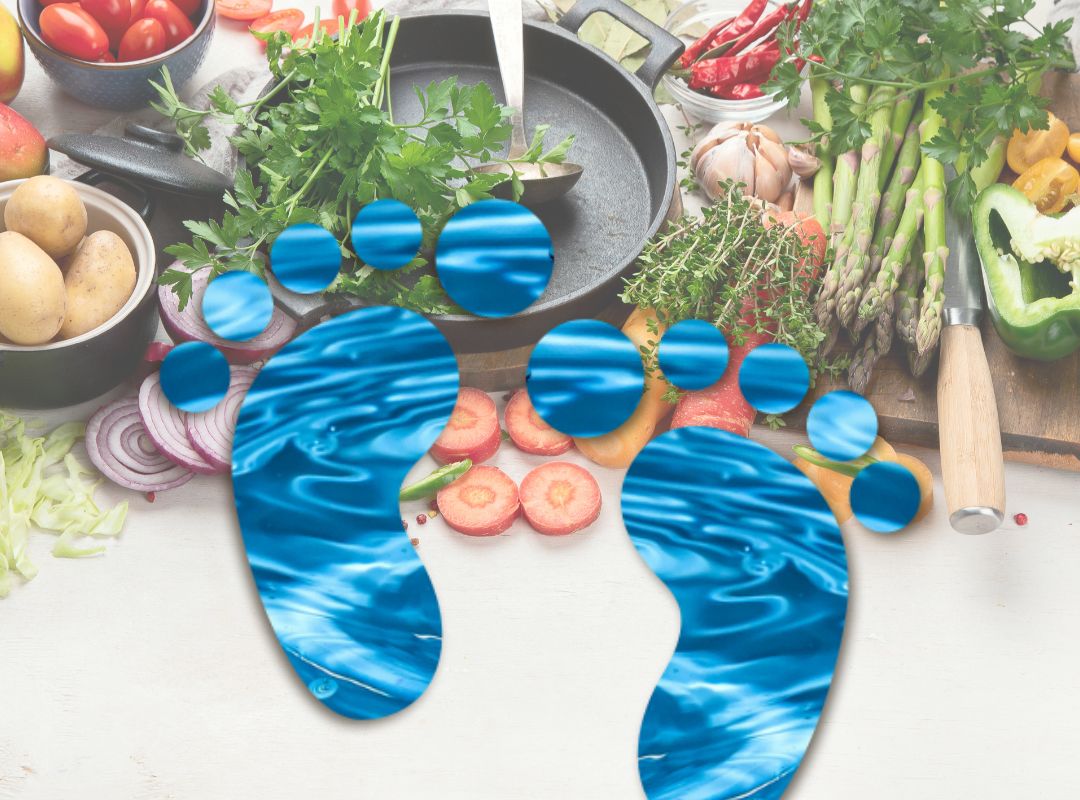
Explore concepts of sustainability by evaluating the water footprint (WF) of food. Students are introduced to irrigation practices throughout the world, consumptive and non-consumptive water use, and investigate the water requirements for various food crops.